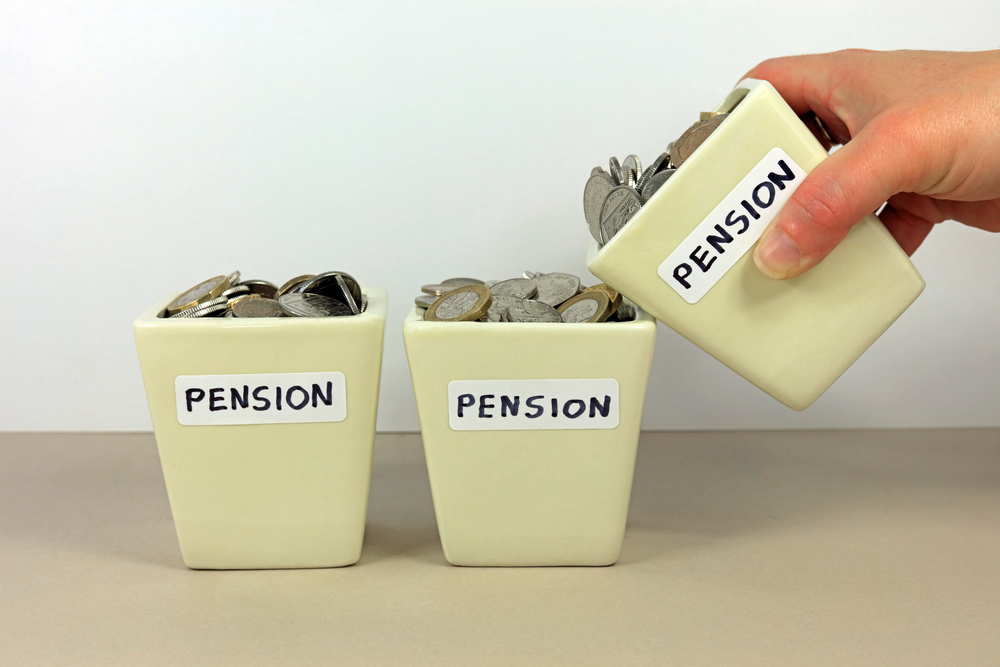News
Nine in 10 not saving enough for retirement

Millions of people are facing a ‘gloomy’ retirement due to not saving enough in their pension.
The Institute for Fiscal Studies (IFS) has warned has warned that 90% of those currently in their 30s and 40s are saving less than needed for a decent standard of living in retirement as final salary pensions disappear from the private sector and people struggle to contribute enough.
The think tank found that while the current generation of pensioners is doing better than any before it, there is a major risk that future generations will not fare as well.
A new report published today by IFS, launching the Pensions Review in partnership with the abrdn Financial Fairness Trust, finds that the future looks risky at best for many current workers hoping for a comfortable retirement.
The report says the past 20 years have seen the continued decline of defined benefit or salary-linked pensions in the private sector. At the same time, we have seen the abolition of state earnings-related pensions, low interest rates, falling homeownership, low typical contributions to defined contribution schemes, and a “collapse in pension saving” among the self-employed.
The IFS says that while the introduction of pension freedoms has given people flexibility, it means that individuals, rather than employers or insurance firms, now bear the burden of the risk of poor investment performance and uncertain lifespan.
Workers not saving enough for retirement
The IFS found that many employees are saving very little for retirement. It revealed that 60% of middle-earning private sector employees who are contributing to a pension are saving less than 8% of their earnings.
Nearly 90% of them are saving less than the roughly 15% of earnings that Lord Turner’s Pensions Commission thought more appropriate.
Almost all of this saving is coming in the form of defined contribution pensions, which leave individuals – rather than their employers – exposed to investment risks.
Fewer than one-in-five self-employed workers are saving in a pension. This compares with around a third when the Pensions Commission reported.
More people renting their homes
Another cause for concern is the number of people approaching retirement who live in expensive, insecure, private rented accommodation.
At age 65, only 3% to 4% of those born in the 1930s and 1940s lived in private rented housing, compared with 6% for those born in the 1950s, and with what looks likely to be 10% for those born in the 1960s.
The IFS warns that this percentage could be even higher for younger generations, leading to a combination of a disappointingly low standard of living in retirement and/or greater reliance on housing benefit.
Future challenges
Paul Johnson, IFS director, said: “The last decade or so has seen state and private pensions deliver much better outcomes for many pensioners. But there is a risk this has bred complacency among policymakers.
“Automatic enrolment has brought millions into workplace pensions, but all too often at much lower rates of saving than the Pensions Commission thought would be needed.
“Despite the number of self-employed people growing considerably, many fewer of them are saving in a pension. Most private sector workers are left having to manage considerable risks – not least over how long their retirement will be – which for many will be incredibly difficult to balance well.”
Alistair Darling, Pensions Review steering group member and chair of abrdn Financial Fairness Trust, said: “Twenty years ago, we set up the Pensions Commission which laid out a range of important reforms including auto enrolment. But today much has changed and the landscape is very different. Too many are saving too little for retirement.
“Many self-employed and those in insecure work don’t have a pension. Increasing numbers are living in the private rented sector, which will lead to higher housing costs in later life. Whilst today, many pensioners are doing well on average and pensioner poverty has been cut drastically, we need a major review to avoid a future where too many won’t have enough to live on in their old age.”